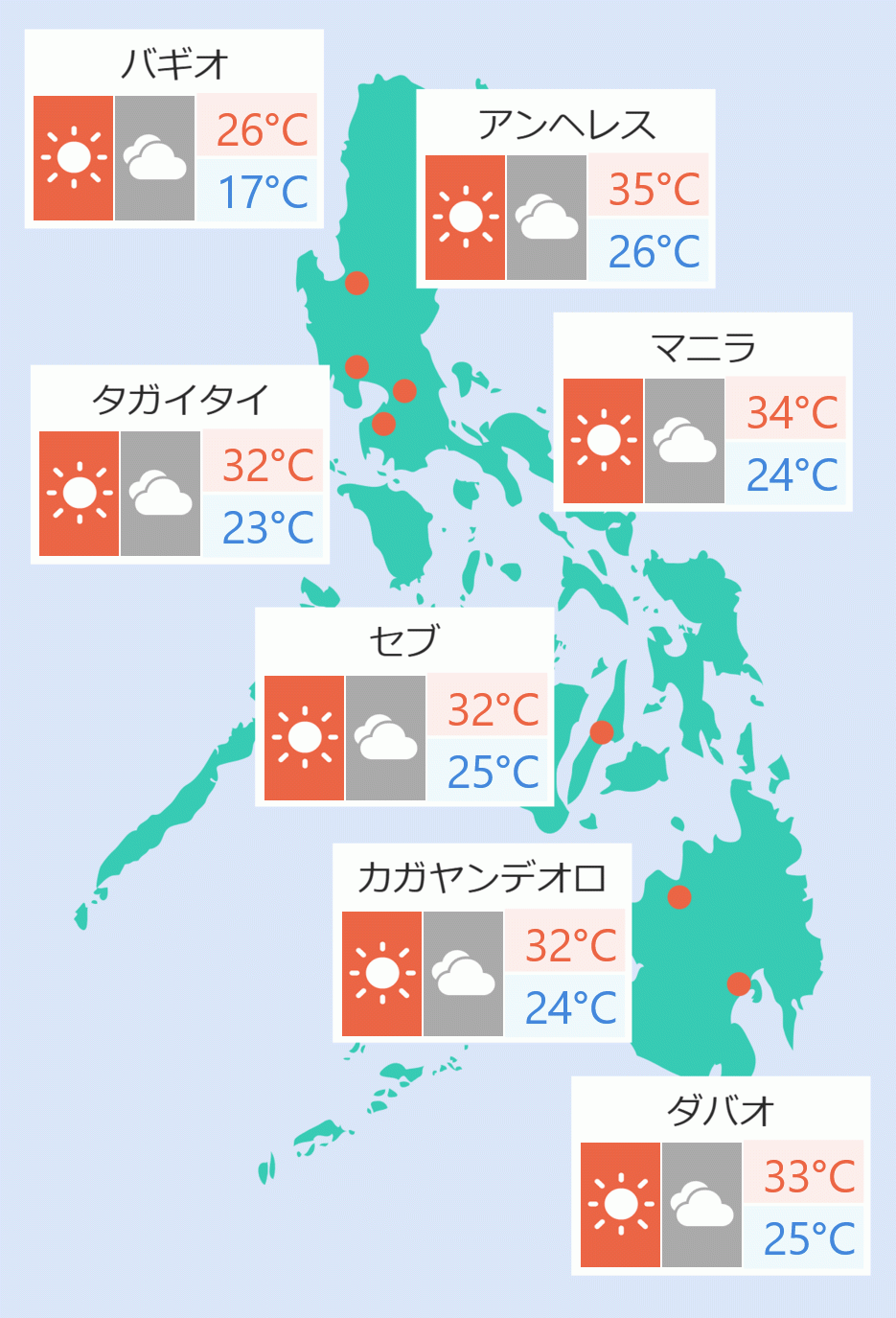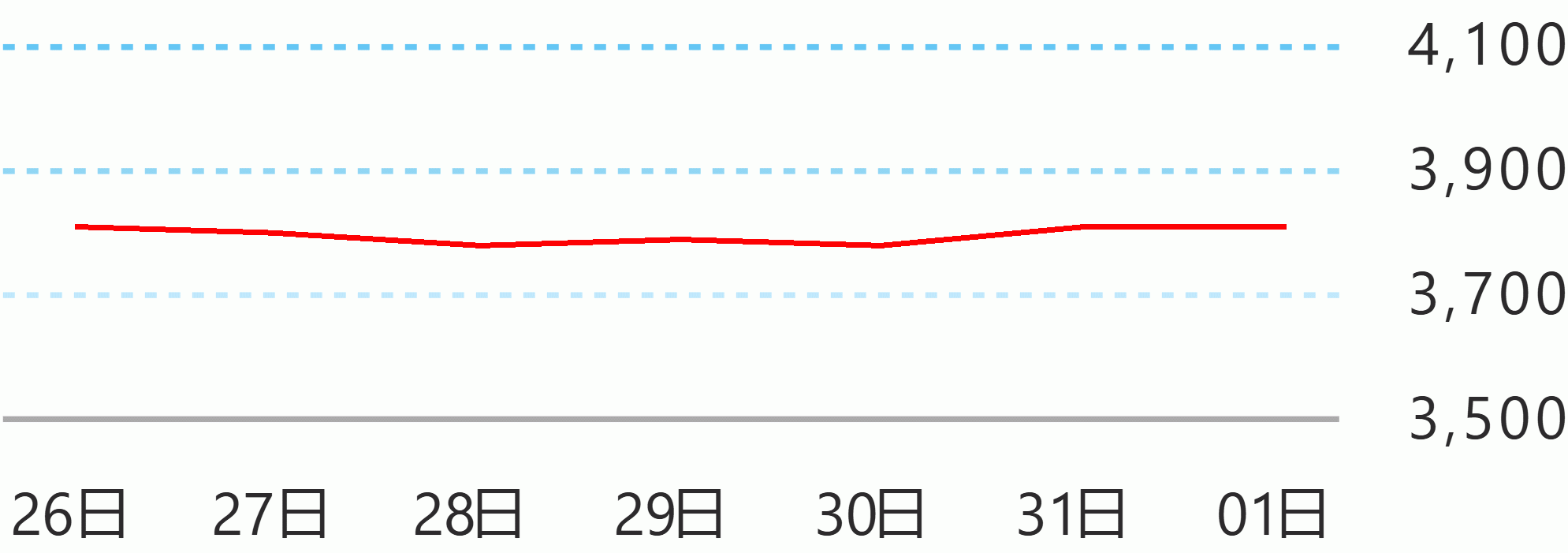The Department of the Interior and Local Government (DILG) Monday said that the strict measures being imposed by the government in areas under granular lockdowns, such as mandatory testing or 14-day quarantine, are not meant to be punitive but to contain and prevent further transmission of the coronavirus.
Interior and Local Government Secretary Eduardo Año said that the DILG is just enforcing both the spirit and the letter of Republic Act No. 11332 which is meant to protect the public from health threats and to promote and protect the right to health of the people.
“Because of the Delta variant, the government needs to undertake decisive, quick, and aggressive measures to put an end to this pandemic that we have been battling for a year and a half now," he said.
He said that under Section 9 of RA 11332, non-cooperation of infected (positive cases) persons and affected (exposed or close contacts) persons in a pandemic shall be meted with penalties because they are endangering the lives of other people.
“Non-cooperation means for the positive patient to refuse to be isolated and the close contact refusing to undergo swabbing or testing or mandatory 14-day quarantine if he or she does not want to be tested. The mandate of the DILG is clear. We do not aim for punishment but in fact we have been encouraging 14-day quarantine for those not willing to take a swab test,” he said.
EA 11332, passed into law in April 2019, is aimed at establishing effective mechanisms for strong collaboration with national and local government health agencies to ensure proper procedures are in place to promptly respond to reports of notifiable diseases and health events of public health concern, including case investigations, treatment, and control and containment, including follow-up activities.
Implementation of law, Año added, must not be misconstrued, distorted, or used against law enforcement but rather be held on a higher priority standard and executed as intended by Congress.
He said that to imply that the government and the DILG are disconnected from the plight and challenges faced by the Filipino citizens, especially the poor and marginalized, is farthest from the truth.
Under granular lockdowns, to cooperate with the protocols set by the government as they are designed to help mitigate the COVID-19 situation of the country and not to burden the people.
He said that in the context of a pandemic, every Filipino must do their part in the fight against a deadly virus “as the government and medical frontliners cannot fight and put an end to COVID-19 crisis alone.”





 English
English










